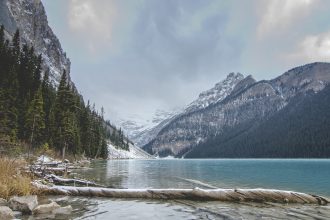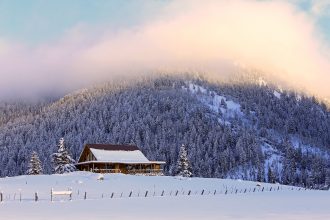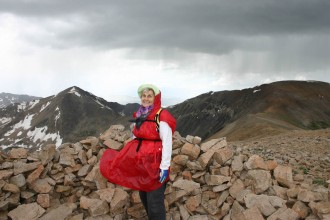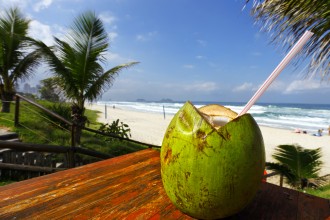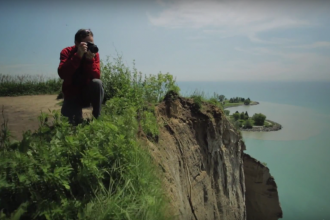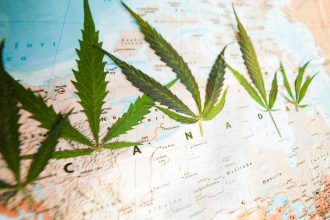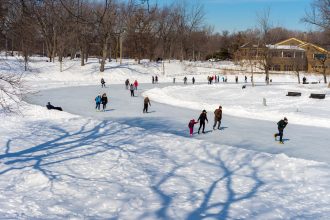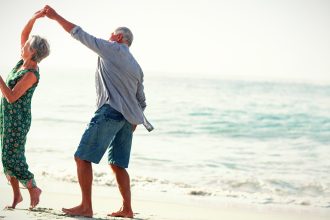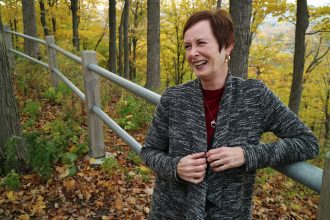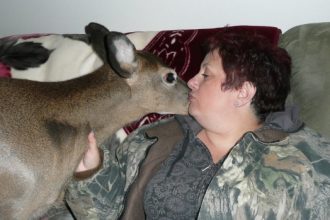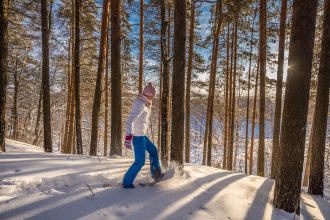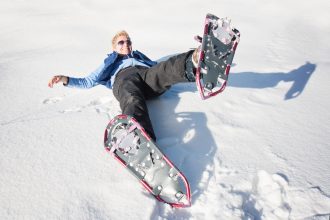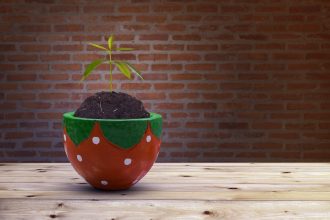Although there’s a growing number of people living to 100 or older in Canada, the country’s still not considered a “Blue Zone,” a name that’s been coined for parts of the world where people tend to live considerably longer than others. To find out what makes these places so special, a team of researchers led by author Dan Buettner travelled the world, studying the habits of elders living in very specific regions of Greece, Italy, Costa Rica, Japan, and even the United States. Here are some of the biggest takeaways from each, so you can apply them to your day-to-day—no matter where you live.
Find purpose

Photo by PointImages/Shutterstock
In Okinawa, Japan, a community with the longest life expectancy in the world, there is no word for traditional North American retirement. That’s because many of these people are fishers or farmers, who tend to slow down, but never entirely quit what they do. Continuing to engage in and contribute to the community helps these people maintain a sense of purpose, which numerous studies have linked to longevity. After reviewing data collected for the Midlife in the United States (MIDUS) study 14 years earlier, researchers recently found that people who reported a greater sense of purpose and direction in life were more likely to outlive their peers.
Take a nap

Photo by nito/Shutterstock
On the small Greek island of Ikaria, one in every three people lives to the age of 90. After spending time with the community’s elders, researchers noticed a pattern of positive lifestyle choices here, which included eating well, staying sexually active, and napping every day. It should come as no surprise that getting a little extra rest can be good for you, but according to research published by a Greek cardiologist last spring, midday naps are associated with reduced systolic blood pressure levels and the prescription of fewer antihypertensive medications. In fact, they found that the longer the midday sleep, the lower the person’s blood pressure and the fewer drugs they needed to manage it.
Stay active

Photo by Maksud/Shutterstock
Staying active doesn’t mean you have to hit the gym everyday. In fact, none of the agile seniors Buettner met in his travels spent time on a treadmill. Instead, nearly all of them incorporated exercise into their daily routine, whether they intended to or not. Gardening, which requires regular watering, weeding, and harvesting, is a popular pastime among the elders in nearly every Blue Zone. A large portion of them also spend a significant amount of time completing chores by hand, like those in Ikaria who knead their bread by hand, and live in areas that allow them to walk to-and-from places.
Eat your fruits and veggies

Photo by monticello/Shutterstock
Blue Zones are scattered across the globe, so it’s only natural that the community members’ diets vary. Despite differences, they all have one important thing in common: large servings of fresh produce. In Loma Linda, a small California town that’s been recognized as one of the five “original” Blue Zones, people follow a strict vegetarian diet, while those in Okinawa, Japan, eat lots of leafy greens and sweet potatoes, often accompanied by fish that are high in omega-3 fatty acids. On the Nicoyan Peninsula of Costa Rica, where men are seven times more likely to hit 100 than Costa Ricans living elsewhere, they eat lots of squash, eggs, black beans, and more local fruit than any other Blue Zone. Another common element among all of the diets? Portion control, especially when it comes to meat.
Keep strong social ties

Photo by bikeriderlondon/Shutterstock
Although research continues to indicate that strong social ties are one of the biggest predictors of health, happiness, and longevity, because North American culture puts such an emphasis on hard work and wealth, socializing can often fall off our “to-do” list. For those living in Blue Zones, however, being surrounded by friends and family is easy, because it’s much more ingrained in the culture. Okinawans, for example, have something called “moais,” which is essentially a tight-knit group of friends they stick with for life. Those living on the Italian island of Sardinia—another recognized Blue Zone—also make socializing a priority, regularly finishing their days off meeting a friend over a glass of wine at the local bar.
Also on RNR:



